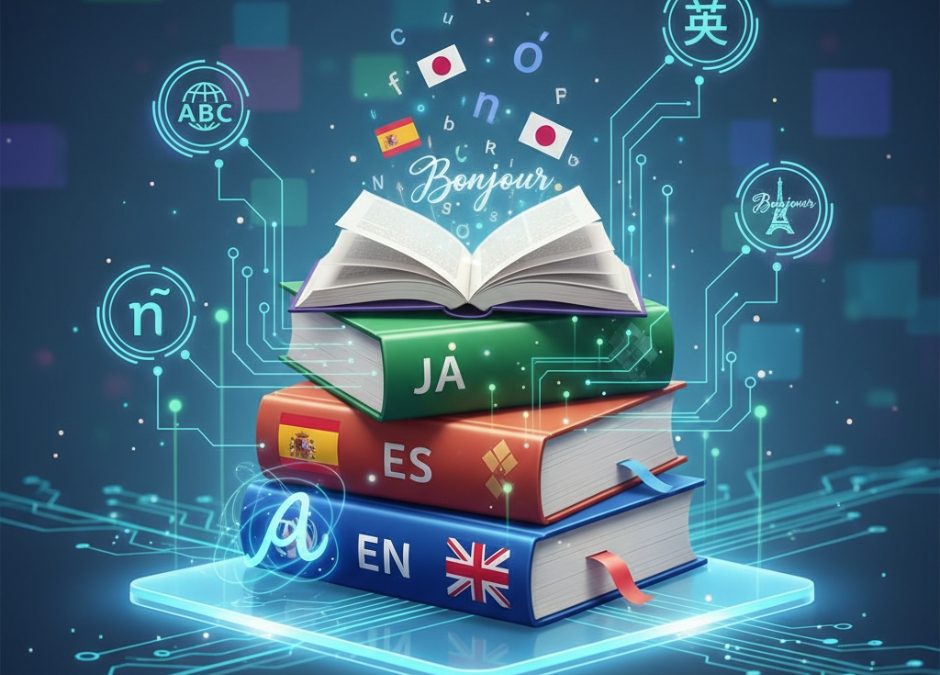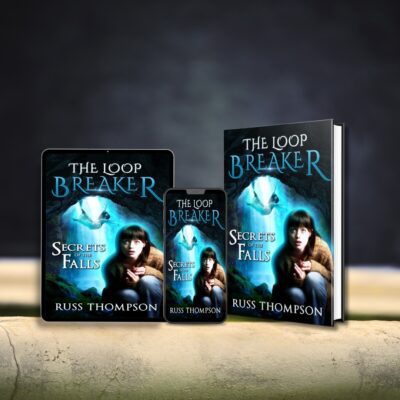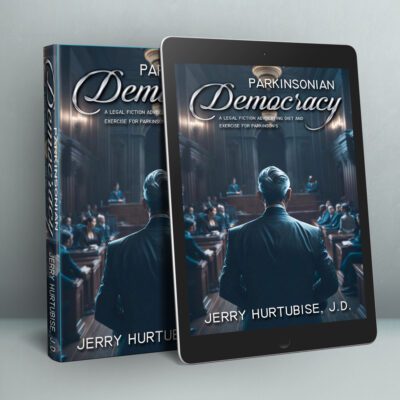Imagine releasing your novel in Spanish, French, or Japanese, all without hiring three different translators. AI and translation for authors is no longer a futuristic concept. It’s a present-day reality transforming how stories travel across languages and cultures. With tools like DeepL Translation AI and OpenAI’s translation models, writers can now share their work with readers across the world faster than ever before. The question isn’t if authors should embrace AI translation, though. It’s how to do it without losing their unique voice.
But what does this mean for creativity and authenticity? As AI translation becomes more advanced, authors are realizing that technology can open incredible doors, but it also introduces new challenges. Machines can carry your story to distant audiences, but keeping your emotional tone and nuance intact is another story.
How AI Translation Tools Are Changing the Game
AI translation tools for authors, like DeepL, OpenAI, and even Google Translate, are getting smarter about sentence flow and structure. They can produce readable translations in seconds, letting authors test new markets without investing thousands in traditional translation.
For example, an indie author could release their English fantasy novel to new audiences in Japan or Brazil with minimal cost. That accessibility is revolutionary. Yet, while AI speeds up the process, it doesn’t always capture cultural nuance, idioms, or humor. That’s why many authors now take a hybrid approach: letting AI handle the initial translation, then revising the text themselves or collaborating with bilingual editors to refine the emotional tone.
If you’re curious about how AI is influencing other creative areas of publishing, you can read our article The Future of Audiobooks to see how voice synthesis is reshaping storytelling.
The Pros and Pitfalls of AI and Translation for Authors
The biggest advantage of AI and translation for authors is global reach. Stories that once stayed within one language can now connect with readers worldwide. This is especially powerful for indie authors and small presses—no longer limited by high translation costs or distribution barriers.
However, relying solely on AI comes with creative risks. Translation isn’t just about replacing words—it’s about retelling meaning. A line that feels powerful in English might fall flat or sound awkward in another language. Authors who depend on AI should review every translated passage carefully, keeping an eye on tone and context.
When done right, AI and translation for authors can complement human storytelling instead of replacing it. But when accuracy and emotional precision matter, human expertise still makes all the difference.
AI Translation and Copyright Considerations
Before diving in, there’s one more question to ask: who owns the translated version of your story? Copyright law isn’t fully caught up to AI translation yet. For guidance, see our article AI and Copyright: Who Really Owns the Words? which explores how ownership works when machines assist in creative work.
Under current U.S. copyright law, authorship belongs to the human creator. That means AI can assist in translation, but it cannot hold rights to the finished work. The safest approach is to use AI as a tool, not a co-author—so you retain complete ownership and creative control.
For official updates, you can also review the U.S. Copyright Office’s guidance on AI-generated works. It provides a clear look at how copyright applies to creative projects that involve artificial intelligence.
Keeping Your Voice in Translation
At its best, AI and translation for authors make global storytelling possible without losing authenticity. Think of AI as a bridge, not the destination. By combining human creativity with machine efficiency, you can reach new readers while maintaining your unique voice.
Whether you’re translating a novel, poetry collection, or short story, remember this: technology can amplify your reach, but it’s your words, emotions, and perspective that give it heart.
For now, it’s all about possibilities with AI and translation for authors. It’s expanding into your creative world, reaching readers you never thought you could, and staying true to your story every step of the way.







